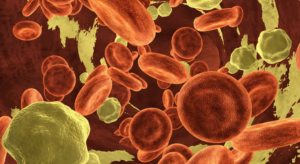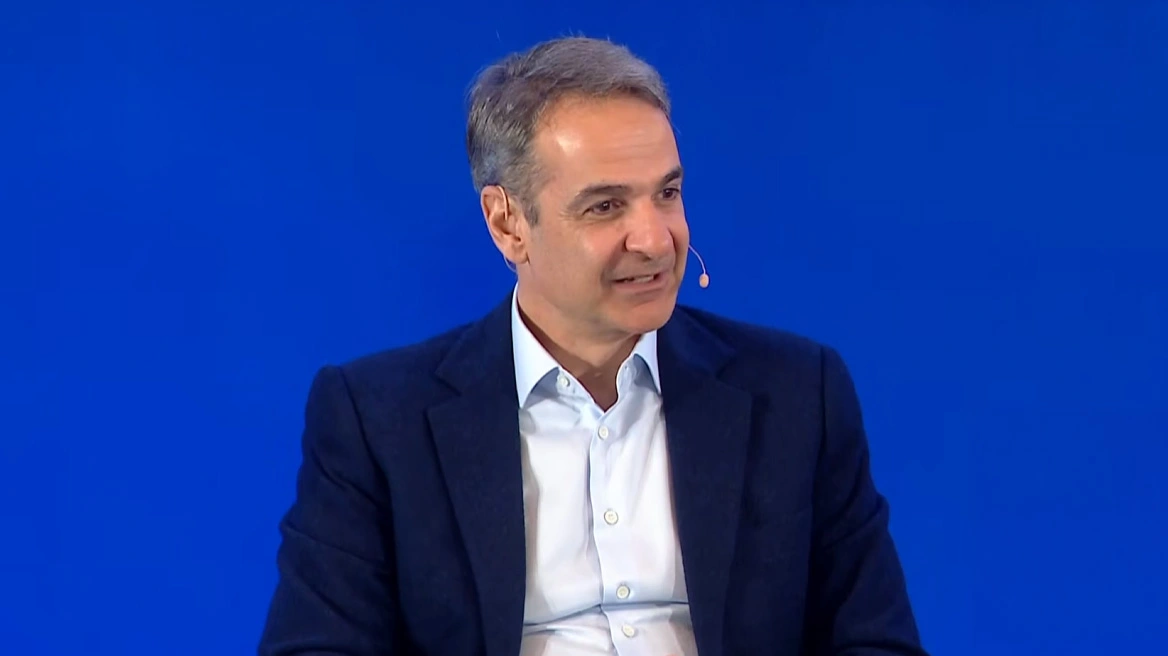Researchers have conducted the first human trials of a new drug, lepodisiran, and found that a single injection reduced lipoprotein(a) – a ‘bad’ cholesterol with a genetic basis – to undetectable levels for almost a year. It has the potential to eliminate a risk factor for cardiovascular disease for which there is currently no treatment.
A type of cholesterol, lipoprotein(a) or Lp(a), shares some characteristics with low-density lipoprotein (LDL) cholesterol, the so-called ‘bad’ cholesterol. Like LDL cholesterol, Lp(a) causes plaque to build up in arteries, reducing blood flow to the heart, brain, and other parts of the body, making it a risk factor for cardiovascular disease. However, because high Lp(a) levels are inherited, they’re largely unaffected by exercise, diet, or medications. There are no current treatments for high Lp(a).
Scientists say there may have been a second Big Bang
Researchers have conducted the first human trials of a new therapeutic called lepodisiran and found that a single injection of the drug lowered Lp(a) to undetectable levels for almost a year by interfering with its mechanism of production.
Continue here: New Atlas
Ask me anything
Explore related questions





